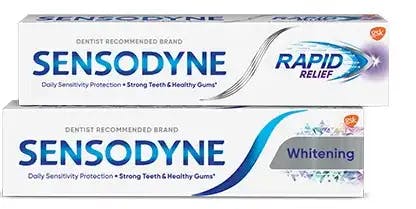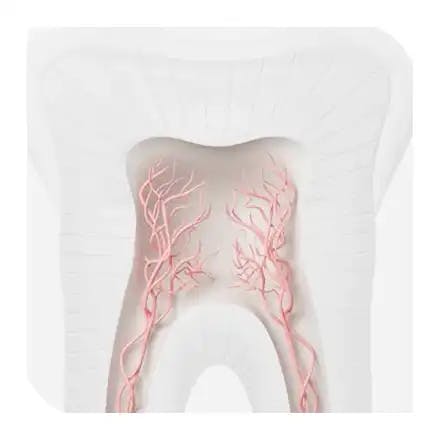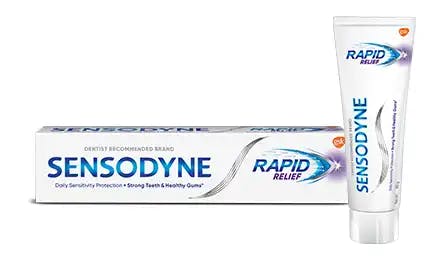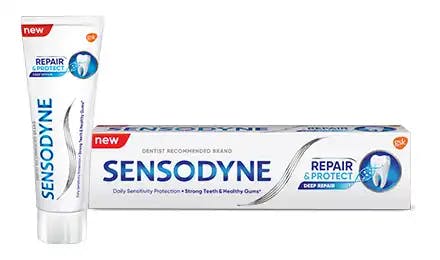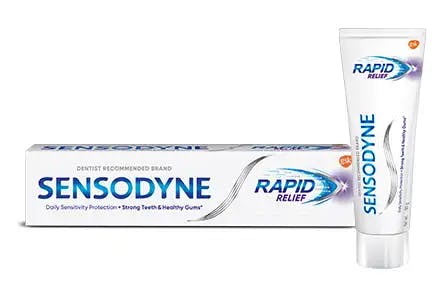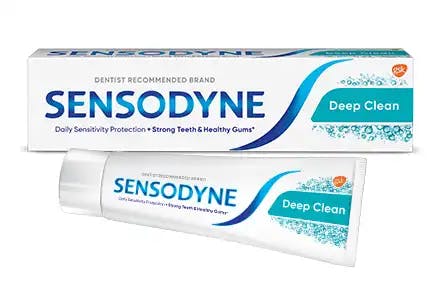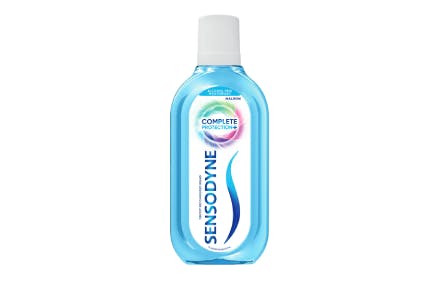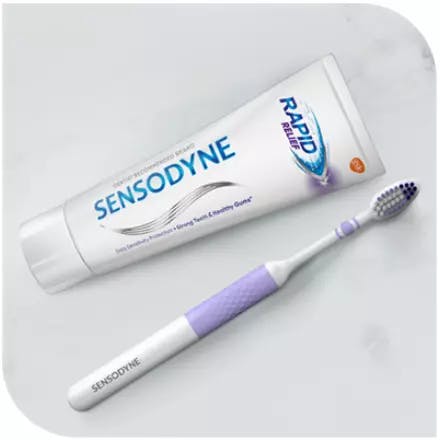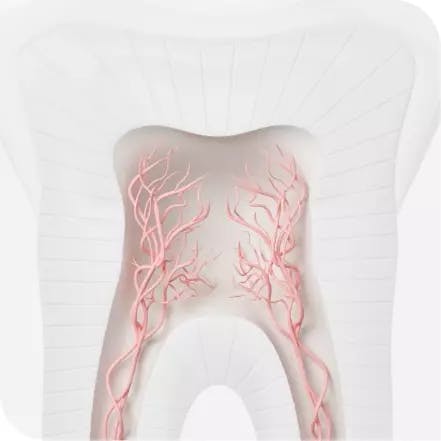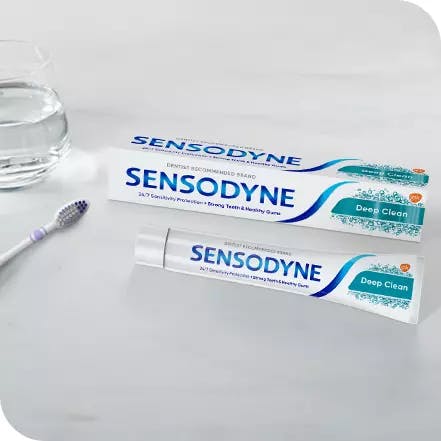Caring for Teeth That Are Sensitive after a Trip to the Dentist
Some people who normally don’t suffer from sensitive teeth may wonder: why do I feel twinge in my teeth after visiting the dentist?
Heightened sensitivity can occur following a trip to the dentist, especially if you’ve had a cavity filled, a deep cleaning, or a whitening procedure. For most people, this means their teeth will respond with a twinge to acidic, sweet, or hot or cold food or drinks—or even exposure to cold air—for a few weeks after a procedure.

Sensitivity After a Cavity Filling
Getting a filling can be somewhat stressful on a tooth, and it’s not unusual to feel discomfort in your tooth afterward. Discomfort after a filling depends on the health of your tooth and perhaps the technique and materials your dentist used to fill the cavity.
Drilling and cavity filling can irritate the tooth’s pulp chamber, which is the soft tissue beneath the enamel and dentine. The tooth’s nerves and blood vessels sit in the pulp chamber. It’s the inflamed nerves that respond with pain signals to temperature and other external stimulants.
Sensitivity After a Deep Cleaning
Another procedure that can result in some discomfort is deep cleaning. Dentists are commonly asked: “Does getting a deep cleaning hurt?” While a routine dental cleaning involves some scaling and polishing of your teeth, a deep cleaning is generally for people who have periodontal disease.
To deep clean your teeth, your dentist must go below the gum line to remove the plaque and tartar that has built up between the teeth roots and gums. In addition to this extensive scaling, a deep cleaning includes a procedure called root planing, a smoothing out of your tooth roots to help gums reattach to your teeth.
The cleaning procedure itself can cause some discomfort when the cleaning tools make contact with swollen gums. In some cases, this may result in bleeding of the gums and gums that are tender.
There’s a connection between a deep cleaning and tooth sensitivity. A deep cleaning may also expose the tooth dentine that had been covered by tartar and swollen gums. This previously hidden tooth surface along the gum line is now vulnerable to outside stimuli like cold or hot food and drinks.
Sensitivity After a Whitening Procedure
During professional bleaching treatments with peroxide, depending on the concentration of the peroxide and the duration of its exposure to the tooth surface, it can pass through the enamel and reach the nerve, causing irritation. It’s the use of peroxide that can make teeth sensitive after cleaning. In most cases though, this sensitivity is only temporary.
In one study of tooth bleaching, nearly 80% of people who had a whitening procedure done at a dental clinic experienced mild to moderate tooth sensitivity on the first day following the procedure1. Such sensitivity normally doesn’t last for more than five to seven days.
How can I make discomfort in my teeth stop after a Dentist Visit?
It can take some time for discomfort or sensitivity to subside after a filling, a routine cleaning, a deep cleaning, or whitening session. While tooth sensitivity from dental treatments typically resolves on its own within a couple of weeks. If the bothersome discomfort doesn’t subside within 14 days or even worsens, talk to your dentist for further advice.
Take Care of Your Sensitive Teeth
While some sensitivity after a dental visit is common, if you suffer from dentine hypersensitivity, remember to practice good oral care habits like flossing daily and using a soft-bristled toothbrush. And make Sensodyne part of your care routine.
Sensodyne toothpaste is a dentist recommended brand for sensitive teeth.
When used twice daily, Sensodyne toothpaste provides the benefits of cavity protection, fresh breath, and whitening to maintain healthy teeth.
